9M2 Global Studies
Section outline
-
https://www.youtube.com/watch?v=jdO2cSHtQUw
-

Understand how people participate individually and collectively in response to community challenges.
Understand that events have causes and effects.
Global Studies Learning Intention
We are EXPLORING how disaster impact our lives
We are EXPLORING at people and organisations that help in times of disasters and challenges
We are EXPLORING roles and responsibilities during a disaster
Global Success Criteria
I can identify different types of disaster
I can identify which disasters are man made and natural
I can list times and dates of mayor disasters in History
I can list different organisations that help in event of a disaster
I can reflect how important is to act responsible when a disaster happen.
I can reflect on the best ways to respond to others affected by disasters and write or create my own responses.
I can define Disaster
I can describe cause and effects when a disaster happen
I can design a plan of emergency for students to have access in times of disaster in MHJC.
I can analyze the ways people and agencies work together and the responses necessary during a local emergency situation.
Activities1. Brainstorm
2. Picture sort
3. Key terms
4. Videos and note-taking
Historical Natural disaster
Class Code Google Classroom: 7jmschhEXPLORE / TŪHURA learning intentions:
- We are EXPLORING different types of natural hazards and disasters
- We are EXPLORING at people and organizations that help in times of disasters and challenges
- We are EXPLORING distinguishing between natural event, hazard, and disaster, before investigating different case studies at different locations and levels of scale and impact.
- WE are EXPLORING the short- and long-term consequences of a natural disaster
- We are EXPLORING the humanitarian response and what might make communities resilient.
-
In week 2 you brainstorm your ideas regarding the effects of Natural disasters.
During this week we will be introducing a variety of natural hazards and exploring how understanding these threats make us better able to avoid or reduce their potentially harmful impact.
Understand how people participate individually and collectively in response to community challenges.
Understand that events have causes and effects.
Global Studies Learning Intention
We are EXPLORING how natural disaster impacts our lives
We are EXPLORING at people and organizations that help in times of disasters and challenges
We are EXPLORING roles and responsibilities during a disaster
Global Success Criteria
I can identify different types of disaster
I can identify which disasters are man-made and natural
I can list times and dates of mayor disasters in History
I can list different organisations that help in event of a disaster
I can reflect on how important is to act responsibly when a disaster happens.
I can reflect on the best ways to respond to others affected by disasters and write or create my own responses.
I can define natural disaster and natural hazard
I can describe cause and effects when a disaster happens
I can design a plan of emergency for students to have access in times of disaster in MHJC.
I can analyze the ways people and agencies work together and the responses necessary during a local emergency situation. Learning Goals for the week:
- Describe different types of natural hazards and the threats they pose
- Describe the differences between a natural hazard and a natural disaster
- Explain what can be done to reduce or control the impact of natural disasters on lives and property
- Create and interpret a natural hazard map of New Zealand
1. Key terms (homework)
2. Impacts of National Disaster
3. Washing Line (Google Classroom)
4. Classify these events into three main types of natural hazards: (Google Classroom)EXPLORE / TŪHURA learning intentions:
- We are EXPLORING different types of natural hazards and disasters
- We are EXPLORING at people and organizations that help in times of disasters and challenges
- We are EXPLORING distinguishing between natural event, hazard, and disaster, before investigating different case studies at different locations and levels of scale and impact.
- WE are EXPLORING the short- and long-term consequences of a natural disaster
- We are EXPLORING the humanitarian response and what might make communities resilient.
-
For this week we will explore the causes of the Nepal earthquake and start to explore the humanitarian response to the disaster.Understand how people participate individually and collectively in response to community challenges.
Understand that events have causes and effects.
Global Studies Learning Intention
We are EXPLORING how natural disaster impacts our lives
We are EXPLORING at people and organizations that help in times of disasters and challenges
We are EXPLORING roles and responsibilities during a disaster
Global Success Criteria
I can identify different types of disaster
I can identify which disasters are man-made and natural
I can list times and dates of mayor disasters in History
I can list different organisations that help in event of a disaster
I can reflect on how important is to act responsibly when a disaster happens.
I can reflect on the best ways to respond to others affected by disasters and write or create my own responses.
I can define natural disaster and natural hazard
I can describe cause and effects when a disaster happens
I can design a plan of emergency for students to have access in times of disaster in MHJC.
I can analyze the ways people and agencies work together and the responses necessary during a local emergency situation. Learning Goals for the week:
- Describe Hot spot
- Describe the differences between Chile and Nepal natural disaster
- Explain what can be done to respond to a Natural disaster
- Create fact sheet of a case study of a Natural disaster
1. Flashback week 32. Hot spot definition
3. Case of Study
EXPLORE / TŪHURA learning intentions:
We are EXPLORING different types of natural hazards and disasters
- We are EXPLORING how natural disaster impacts our lives
- We are EXPLORING at people and organizations that help in times of disasters and challenges
- We are EXPLORING distinguishing between natural event, hazard, and disaster, before investigating different case studies at different locations and levels of scale and impact.
- WE are EXPLORING the short- and long-term consequences of a natural disaster
- We are EXPLORING the humanitarian response and what might make communities resilient.
-
PLAN & DO / WHAKAMAHI learning intentions:
- We are PLANNING an oral presentation so that we can justify our opinion on the appropriateness of having expensive sports competitions when we are living in such an unequal world.
Understand how people participate individually and collectively in response to community challenges.
Understand that events have causes and effects.
Global Studies Learning Intention
We are EXPLORING how natural disaster impacts our lives
We are EXPLORING at people and organizations that help in times of disasters and challenges
We are EXPLORING roles and responsibilities during a disaster
Global Success Criteria
I can identify different types of disaster
I can identify which disasters are man-made and natural
I can list times and dates of major disasters in History
I can list different organizations that help in event of a disaster
I can reflect on how important is to act responsibly when a disaster happens.
I can reflect on the best ways to respond to others affected by disasters and write or create my own responses.
I can define natural disaster and natural hazard
I can describe cause and effects when a disaster happens
I can design a plan of emergency for students to have access in times of disaster in MHJC.
I can analyze the ways people and agencies work together and the responses necessary during a local emergency situation. Learning Goals for the week:
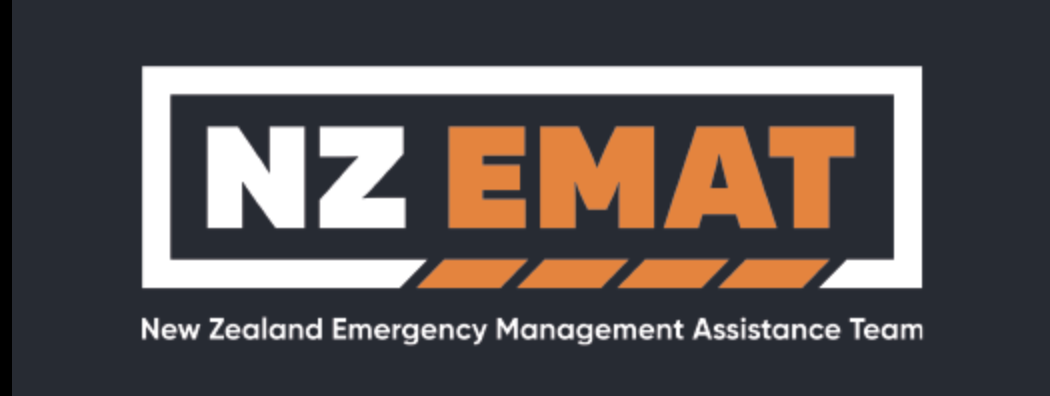
Different agencies work together to manage emergencies and keep people safe. Find out who does what in an emergency.

Each group will be in charge of teaching the class about the given disaster, you will inform the class what New Zealand and the Civil Defense team have in place for use emergency preparedness in the event of disaster.
Activities
1. Current Event Quiz
2. Get ready:
Mind map of the preparedness plan for your disaster
Time line
FOCUS / ARONGA learning intentions:
- We are FOCUSING how to investigate and apply these skills to case studies or real events in response to any disaster event.
- We are FOCUSING that there is a system in place and that agencies cooperate to take care of the community’s needs during emergencies and disasters
- We are FOCUSING on describing NZ emergency plans for different types of natural disasters
- We are FOCUSING develop an understanding of how Living with Volcanoes meant to us
- We are FOCUSING describing the relationship of Volcanoes and Humans and their effect on our Natural environment and Cultural enviroment.
-
PLAN & DO / WHAKAMAHI learning intentions:
- We are PLANNING an oral presentation so that we can justify our opinion on the appropriateness of having expensive sports competitions when we are living in such an unequal world.
This week we will look at Disasters. Disaster can be defined as a serious disruption of the functioning of a community or a society involving widespread human, material, economic or environmental losses and impacts, which exceeds the ability of the affected community or society to cope using its own resources.
Disasters can happen almost everywhere, but their impact can vary greatly.
Christchurch (New Zeeland) earthquake, February 2011. Magnitude 6.3. The earthquake caused widespread damage across the city. In total, 181 people were killed in the earthquake. In the immediate moments following the quake, rescue and response were offered by ordinary citizens and those emergency services on duty. A full emergency managementACTIVITIES
1. Disaster planning
2. What is aid?
3. Different types of emergency
4. Logos (Google classroom)
5. Who can help us in time of crisis (Google classroom)
FOCUS / ARONGA learning intentions:
- We are FOCUSING how to investigate and apply these skills to case studies or real events in response to any disaster event.
- We are FOCUSING that there is a system in place and that agencies cooperate to take care of the community’s needs during emergencies and disasters
- We are FOCUSING on describing NZ emergency plans for different types of natural disasters
- We are FOCUSING develop an understanding of how Living with Volcanoes meant to us
- We are FOCUSING describing the relationship of Volcanoes and Humans and their effect on our Natural environment and Cultural enviroment.
-
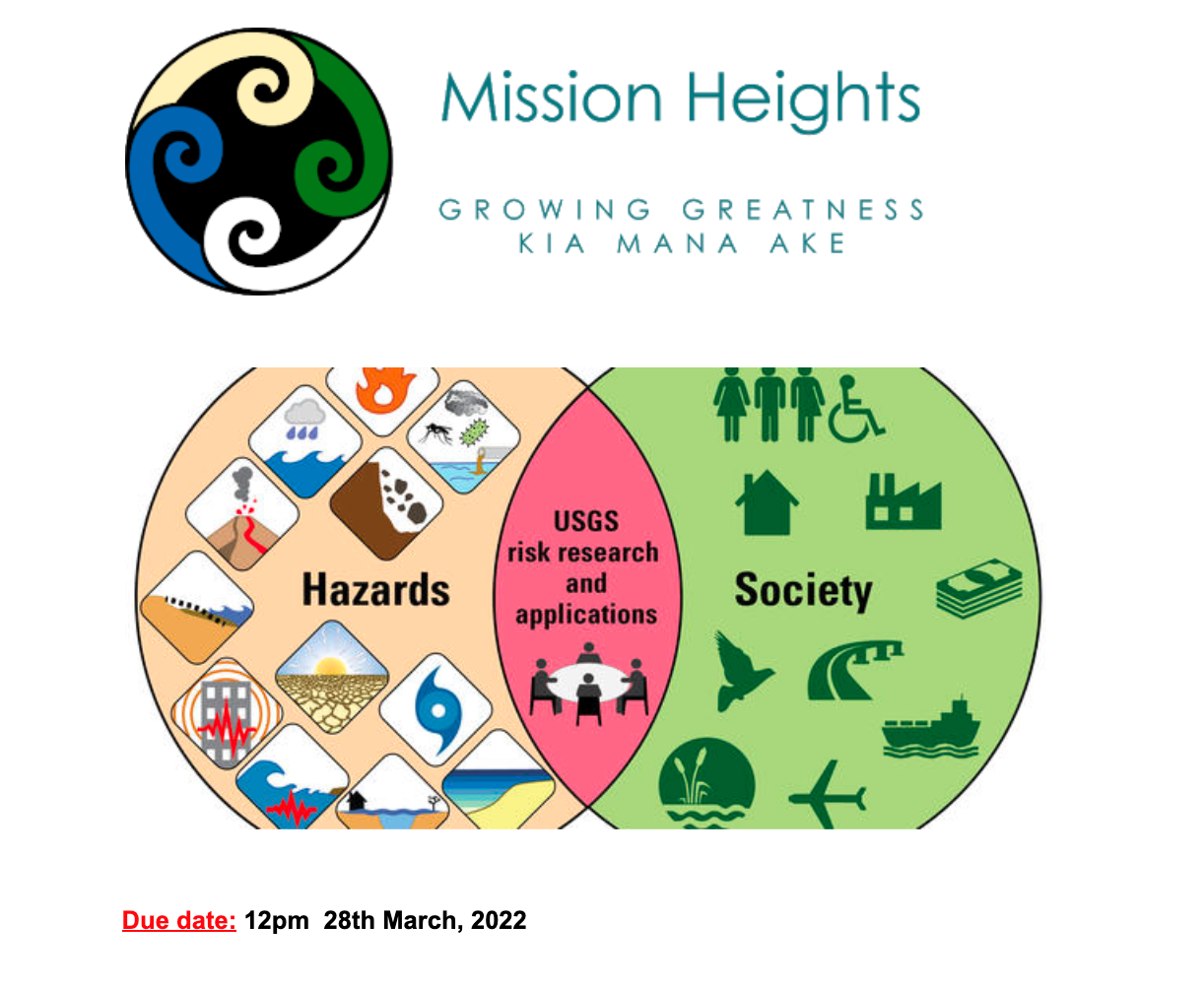
This week we are starting our assessment with Science.
I will be 4 checkpoints for Global studies to meet to make sure we are managing the time effectively.
Keep an eye on these due dates so you don't miss any.
PODCAST ABOUT THE RISK OF VOLCANOES IN NZ
https://www.stuff.co.nz/national/the-detail/118021951/the-detail-living-with-the-threat-of-a-volcanic-eruption
PLAN & DO / WHAKAMAHI learning intentions:
- We are PLANNING to demonstrate our understanding of the learning by creating a natural hazard informative tool for our community
- We are PLANNING to produce an evacuation plan by applying our knowledge of responses when a natural disaster strikes.
- We are collaborating our knowledge with Science through a collaborative assessment.
-
This week we are starting our assessment with Science.
I will be 4 checkpoints for Global studies to meet to make sure we are managing the time effectively.
Keep an eye on these due dates so you don't miss any.
PODCAST ABOUT THE RISK OF VOLCANOES IN NZ
https://www.stuff.co.nz/national/the-detail/118021951/the-detail-living-with-the-threat-of-a-volcanic-eruption
PLAN & DO / WHAKAMAHI learning intentions:
- We are PLANNING to demonstrate our understanding of the learning by creating a natural hazard informative tool for our community
- We are PLANNING to produce an evacuation plan by applying our knowledge of responses when a natural disaster strikes.
- We are collaborating our knowledge with Science through a collaborative assessment.
Outline of a community challenge
You have shown some understanding of a community challenge
You have shown an understanding of a community challenge
You have shown a full understanding of a community challenge
You have shown a sound understanding of a community challenge
Individual/Group Response
You have described how Flat Bush/MHJC could respond to a community challenge
You have described in detail how Flat Bush/MHJC could respond to a community challenge
You have explained how Flat Bush/MHJC could respond to a community challenge
You have explained in detail Flat Bush/MHJC could respond to a community challenge
-
This week is a short week because of Teacher Only day on Monday.
For our both classes remaining we will do a current quiz Events and we will explore the conflict of Ukraine and the most immediate consequences of this war.
1. Background to the conflict
2. The Invasion
3. Responses
NATO and the rest of the world
Ukraine and it’s people
Consequences
ACTIVITIES:Google Classroom: Your question about Ukraine
-
Hello guys, Monday and Tuesday classes I will be teaching you from home.
Please ensure you have your microphones off please so there is NO ECO.
Our link for the Gmeet is:
https://meet.google.com/vok-wvfh-duz
Success Criteria: I can/have...
- Explore the current situation in Ukraine and its historical origins;
- Analyze political cartoons that depict the Ukrainian crisis;
- Identify the techniques used by cartoonists to express a political opinion;
- Monitor the Ukrainian crisis and consider international responses.
Activities:
1. Current event quiz
2. Your questions answered from last week (Google classroom)
3. Mind map of the article (Google classroom)
4. Videos to ask more questions
https://www.youtube.com/watch?v=EVyLAS3mbh8
https://www.youtube.com/watch?v=gUyWNZZig5w
-
EXPLORE / TŪHURA learning intentions:
- We are EXPLORING what is Climate Change and Global Warming
- We are EXPLORING the Causes and Effects of climate change.
- We are EXPLORING whether humans are responsible for climate change.
Kaitiakitanga: Guardianship of our natural world.
Humans change the environment every day. Some of the actions humans take cause the earth to become damaged. This damage is called an environmental issue.For our exploring stage, we will be looking at Climate Change: Causes
Success Criteria: I can/have...
Understand the causes of climate change.
Evaluate whether humans are responsible for climate change.
Activities:
- Current events quiz
- Brainstorm environmental issues (resource)
- Visual dictionary of these terms. (resource)
- Videos
What is Climate Change?
Answer the question in the next slide, and write the answer in a google doc
https://www.youtube.com/watch?v=ifrHogDujXw
Watch the video:
- What is global warming?
Homework:
Write here...
-
EXPLORE / TŪHURA learning intentions:
- We are EXPLORING what is Climate Change and Global Warming
- We are EXPLORING the Causes and Effects of climate change.
- We are EXPLORING whether humans are responsible for climate change.
Kaitiakitanga: Guardianship of our natural world.
CLIMATE CHANGE: CAUSES AND EFFECTS
Have you heard of any arguments against human-caused global warming?
Maybe the Sun is to blame for global warming?Success Criteria: I can/have...
Understand the causes of climate change.
Evaluate whether humans are responsible for climate change.
Activities:
In what ways do you think humans are contributing to global warming?
NOTE TAKING videos: Deforestation/burning fossil fuel (resource)
Create a leaflet for the general public explaining what global warming is and how humans are contributing towards it. (google classroom)
Decide whether the statements are true or false. (resource)
Homework:
Write here... -
EXPLORE / TŪHURA learning intentions:
- We are EXPLORING the nature of global inequalities/inequities
- We are EXPLORING international sports competitions as a mirror of these inequalities
- We are EXPLORING opinions regarding if Formula 1 is a sport o not.
- We are EXPLORING the fairness of the title "number 1 of the world"
Kaitiakitanga: Guardianship of our natural world.
CLIMATE CHANGE: CAUSES AND EFFECTS
As we go through the effects of global warming we will hear some arguments as to why they are the most damaging for the world.
For this week we are using the information sheets to create a mind map with causes and effects of global warming and summarise the main points in our books.
Success Criteria: I can/have...
I can organize information in a mind map with the Effects of Global WarmingActivities
1. Current Event quiz
2. Mind map
3. TEXAS paragraph
4. LIne graph and interpreting the data
-
Climate Change: Solutions
Learning Outcomes:
Understand what we can do to combat climate change.
Understand what governments and businesses can do to combat climate change.
Activities
Current event quiz
1. TEXAS PARAGRAPH (GOOGLE CLASSROOM)
2. True or False
3. What are the governments of the world doing in an attempt to control the rate of global warming and climate change?
Climate Change Conference-Paris Agreement -Article reading
-
FOCUS / ARONGA learning intentions:
- We are FOCUSING on explaining what we can do to combat climate change.
- We are FOCUSING on describing what governments and businesses can do to combat climate change.
- We are FOCUSING on describing on what individuals can do to combat climate change.
Kia ora 9M1 for the next two weeks we only have three classes in total because of the rostering, teacher only day, and Mates and Dates. It is very important that we prioritize Global Studies.
Success Criteria: I can/have...
Understand what we can do to combat climate change.
Understand what governments and businesses can do to combat climate change.
Activities:
- Watch the Sunday article about Climate change-Note taking skill
In 2 sentences in your book, explain what global warming is and the effects that it has on the World. (Resource-Climate Change)
True or False (Resource-Climate Change)
Paris Agreement Aims Resource-Climate Change)
Paris Agreement: Who Signed? Resource-Climate Change)
Your Country -Renewable resources Resource-Climate Change)
UN Meeting
Homework:
Write here... -
PLAN & DO / WHAKAMAHI learning intentions:
- We are PLANNING. on convincing people to change their ways so that we can help combat climate change.
- We are demonstrating our Kiatiatanga by planting trees.
- We are collaborating with our group preparing a lesson to our class to teach about sustainability
These two weeks we are losing some lessons due to mates and dates, and Matariki.
We are doing some tree planting and focussing on the solution to the problem, in this case, Climate Change.
We will look into Unsustainable technology, Sustainable technology, and conserving resources.
Success Criteria: I can/have...
- understand how individuals & governments can help conserve resources.
- describe the importance of balancing the needs of people and their effect on the environment.
Activities:
https://www.calacademy.org/educators/what-is-the-environmental-impact-of-feeding-the-world
Answering the questions- Google classroom
- Venn Diagram
- Mastering your article -Google classroom
Homework:
Write here... -
PLAN & DO / WHAKAMAHI learning intentions:
- We are PLANNING. on convincing people to change their ways so that we can help combat climate change.
- We are demonstrating our Kiatiatanga by planting trees.
- We are collaborating with our group preparing a lesson to our class to teach about sustainability
This week you are collaborating to teach your class about your article about sustainability.
Please refer to Google classroom to see which article your group is in charge of.
-
EXPLORE / TŪHURA learning intentions:
- We are EXPLORING the nature of global inequalities/inequities
- We are EXPLORING international sports competitions as a mirror of these inequalities
- We are EXPLORING opinions regarding if Formula 1 is a sport o not.
- We are EXPLORING the fairness of the title "number 1 of the world"
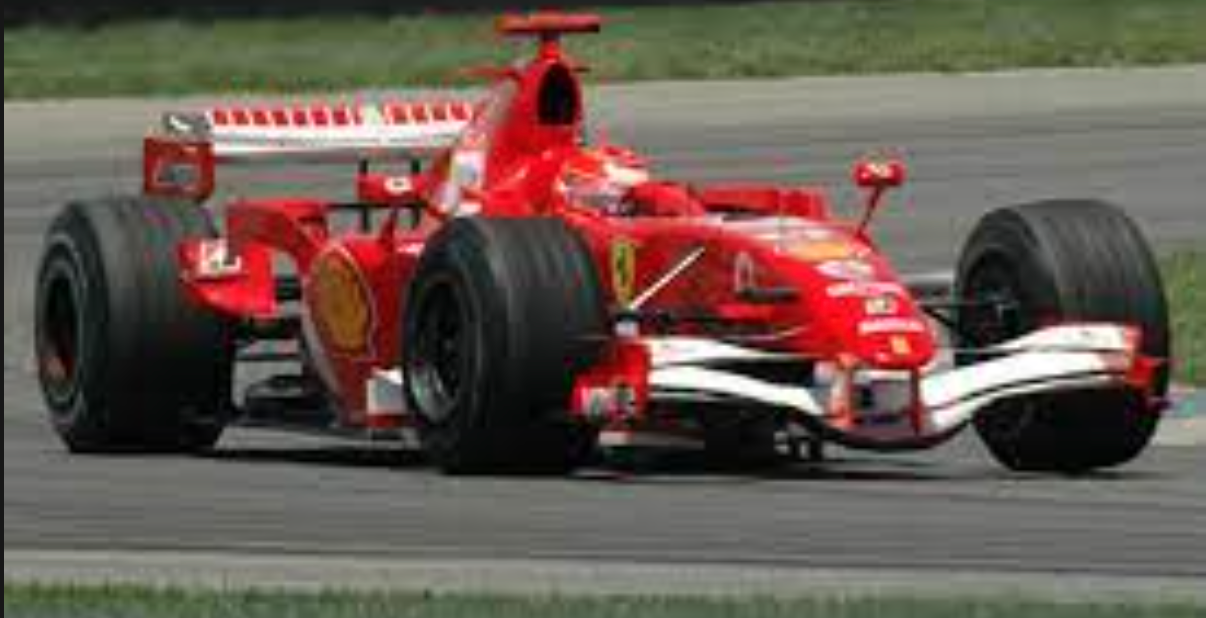
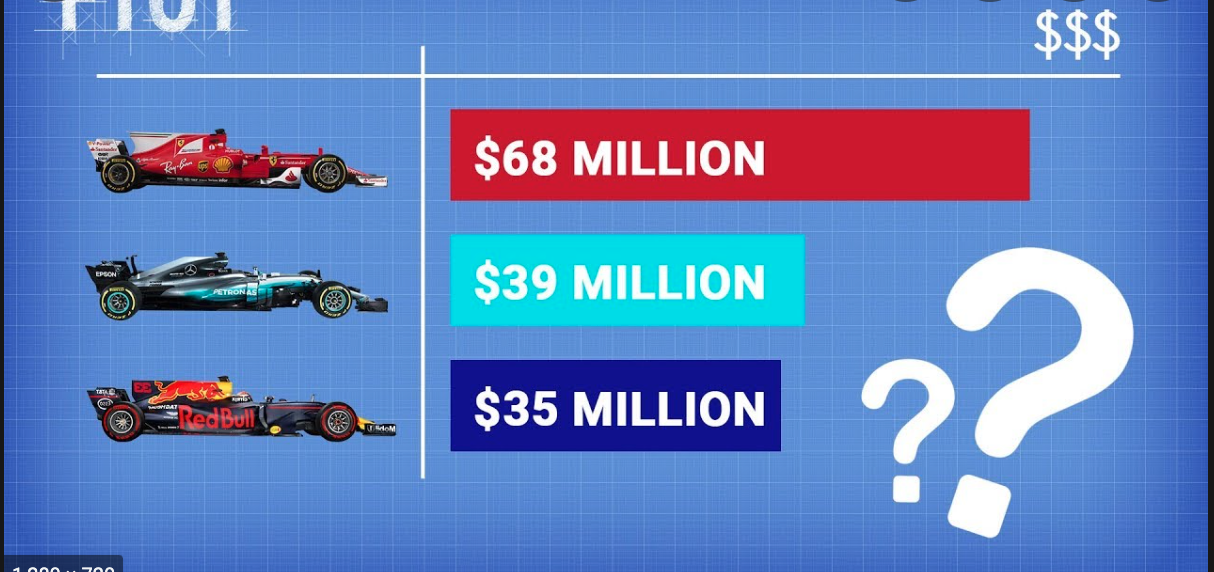
Kia ora. WELCOME BACK!! This term we are doing FAST AND FURIOUS
Success Criteria: I can/have...
Explain if we should have different ways of classifying sports in the world according to their level of economic cost.
To understand the different economic and social measures of Formula 1
To understand the limitations of economy for some countries to participate in Sports competition
Activities:
- Current Even Quiz
- Formula 1 -Grand Prix videos:
https://www.youtube.com/watch?v=SSdsncLXLYs3
3. Forumula 1 -Exploration (Google classroom)
-
EXPLORE / TŪHURA learning intentions:
- We are EXPLORING the nature of global inequalities/inequities
- We are EXPLORING international sports competitions as a mirror of these inequalities
- We are EXPLORING opinions regarding if Formula 1 is a sport o not.
- We are EXPLORING the fairness of the title "number 1 of the world"
Success Criteria: I can/have...
Explain if we should have different ways of classifying sports in the world according to their level of economic cost.
To understand the different economic and social measures of Formula 1
To understand the limitations of economy for some countries to participate in Sports competition
1. Current events quiz2. 10 minutes of "race to drive"
3. Oral justification is Formula 1 a Sport?
-
This week we are looking into the LEDC AND MEDC

Success Criteria: I can/have...
- Define developing nations
- Classify countries in to Develop or Developing
- Identify factors that caused the Rich/Poor divide
To know what development is.
- understand what the relationship is between wealth and development.
- understand the link between the quality of life and development.
- Define developing nations
Activities:
- https://www.youtube.com/watch?v=1yKvwOydZFw
Do It Now
Class discussion:
what makes a country a good place to live in?
How can you tell that?
4. True or False
5. Organise the cards -
FOCUS / ARONGA learning intentions:
- We are FOCUSING on explain how development varies globally
Last week we looked at the Human Development Index-HDI- This week we will work on identifying which factors contribute to this development gap. We will reinforces how to explain how development varies globally
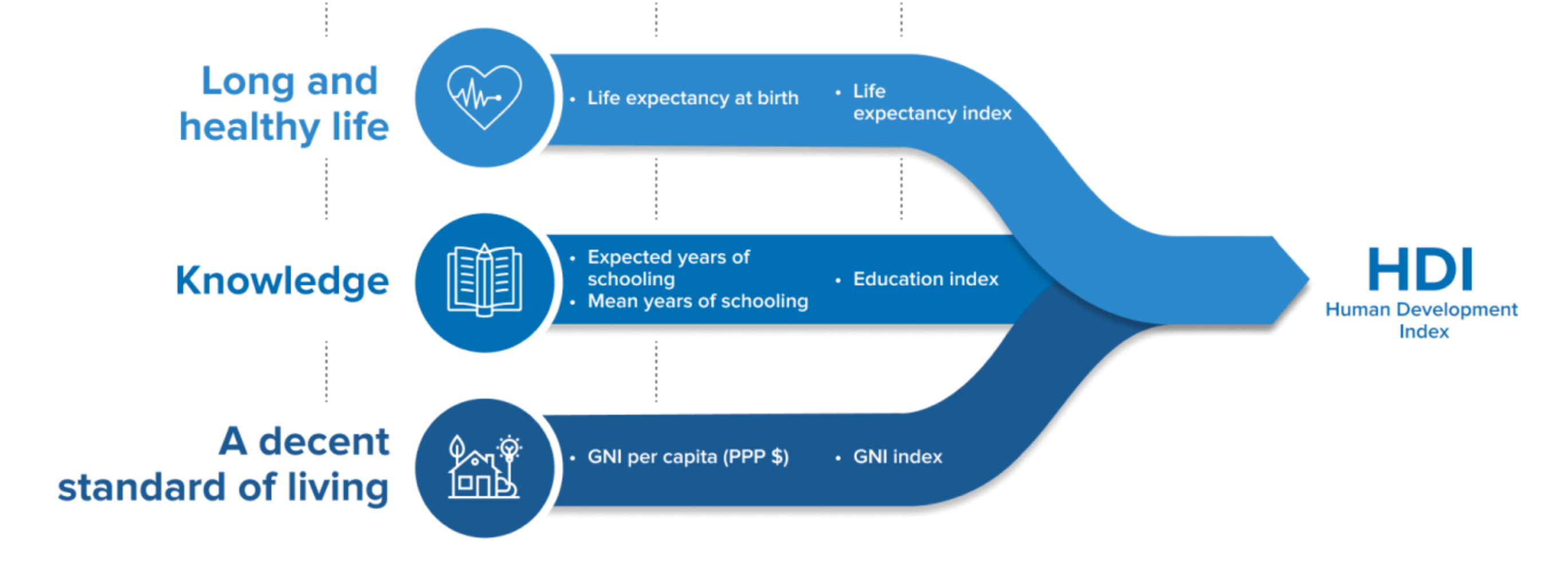
Success Criteria: I can/have...
- I can describe what development is.
- I can explain how development varies globally.
I can apply my knowledge of levels of development.
Activities:
- Development gap booklet (Google classroom)
- https://hdr.undp.org/data-center/human-development-index#/indicies/HDI
Homework:
Write here... -
PLAN & DO / WHAKAMAHI learning intentions:
- We are PLANNING an oral presentation so that we can justify our opinion on the appropriateness of having expensive sports competitions when we are living in such an unequal world.
Criteria
WORKING TOWARDS Curriculum expectation
Working AT curriculum expectation
Working ABOVE curriculum expectation
Working BEYOND curriculum expectation
Supporting Evidence
You have attempted to use evidence to support your findings
You have used some evidence to support your findings
You have used evidence to support your findings
You have effectively used evidence to support your findings
Effective Communication
You have used a mode of presentation to organise your information so that your main points are clear
You have used a mode of presentation to organise your information so that your main points are linked to the research question
You have used an appropriate mode of presentation to organise your information so that you address the research question(s)
You have used an effective mode of presentation to organise your information so that you address the research question(s)
Time management
You have yet to complete and submit your assessment..
You have submitted your assessment late.
You have submitted your assessment by the date …...
You have submitted your assessment by the date …….
Overall
WORKING TOWARDS Curriculum expectation
Working AT curriculum expectation
Working ABOVE curriculum expectation
Working BEYOND curriculum expectation
- We are PLANNING an oral presentation so that we can justify our opinion on the appropriateness of having expensive sports competitions when we are living in such an unequal world.
-
PLAN & DO / WHAKAMAHI learning intentions:
- We are PLANNING an oral presentation so that we can justify our opinion on the appropriateness of having expensive sports competitions when we are living in such an unequal world.
Criteria
WORKING TOWARDS Curriculum expectation
Working AT curriculum expectation
Working ABOVE curriculum expectation
Working BEYOND curriculum expectation
Supporting Evidence
You have attempted to use evidence to support your findings
You have used some evidence to support your findings
You have used evidence to support your findings
You have effectively used evidence to support your findings
Effective Communication
You have used a mode of presentation to organise your information so that your main points are clear
You have used a mode of presentation to organise your information so that your main points are linked to the research question
You have used an appropriate mode of presentation to organise your information so that you address the research question(s)
You have used an effective mode of presentation to organise your information so that you address the research question(s)
Time management
You have yet to complete and submit your assessment..
You have submitted your assessment late.
You have submitted your assessment by the date …...
You have submitted your assessment by the date …….
Overall
WORKING TOWARDS Curriculum expectation
Working AT curriculum expectation
Working ABOVE curriculum expectation
Working BEYOND curriculum expectation
-
GEOGRAPHY SKILLS
Success Criteria: I can/have...
a greater understanding of what maps are like and the d
different types of maps and their key features.- describe the similarities and differences between the types of maps.
- identify the different types of maps and their key features
- recall the different types of maps that are used by Geographers.
Activities:
- CAT PRACTICE
- EDUCATION PERFECT-GRAPHS
- MAP SKILLS
- Write here
-
GEOGRAPHY SKILLS 2 PART
This week we are continuing to work on our Geography skills.
Resource Interpretation
SKILLS WORK- BAR GRAPHS- Inequalities of the world
Activities. Resource Interpretation- Google Classroom
- Skill work- Google Classroom
-
EXPLORE / TŪHURA learning intentions:
- We are EXPLORING to increase knowledge and confidence to discuss subjects such as culture and difference.
- We are EXPLORING the definition of culture and the way in which individuals, groups, and institutions “have”/embody/demonstrate culture(s).
- We are EXPLORING the different characteristics and representations of culture, what can be easily seen/perceived, and what cannot. •
- We are EXPLORING the cultural influences that exist in one’s own life.
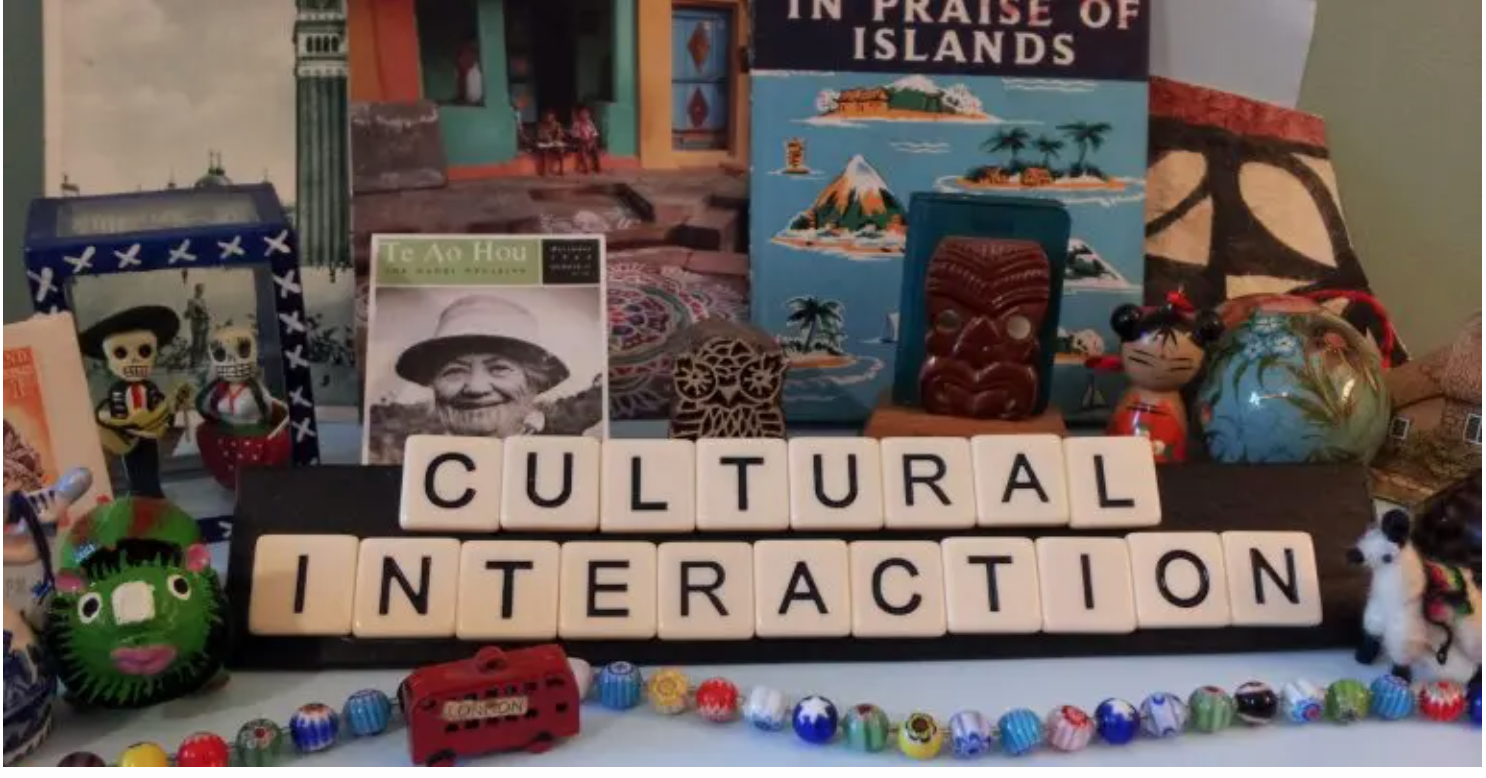
Culture shapes almost every aspect of human experience – our senses, perceptions, behavior, interpretations, what we hear, smell, taste, feel and see. It structures our social world and our social interactions. It provides us with a set of beliefs, values, and explanations that form our ‘worldview’.
Achievement Objectives
L 5. Understand how cultural interaction impacts on cultures and societies
Success Criteria: I can/have...
- I can identify the various elements of different festivals coming up, Halloween, Diwali, Day of the dead.
- I can recognise that everyone exists within a culture and is influenced by multiple cultures
- I can recognise that culture is fluid rather than fixed or static.
- I can develop a sense of how my culture has been influenced by other elements from other culture
- Activities:
- Festivals coming up-Google classroom
- Exploring Culture Interaction-Google classroom
Homework:
Write here... -
EXPLORE / TŪHURA learning intentions:
- We are EXPLORING to increase knowledge and confidence to discuss subjects such as culture and difference.
- We are EXPLORING the definition of culture and the way in which individuals, groups, and institutions “have”/embody/demonstrate culture(s).
- We are EXPLORING the different characteristics and representations of culture, what can be easily seen/perceived, and what cannot. •
- We are EXPLORING the cultural influences that exist in one’s own life.
Mysteries Decoded - "The Witches of Salem"
More than 300 years after the Salem witch trials, something strange began happening in Salem Village (now called Danvers) – in 2012, a group of high school girls began to experience bizarre hiccuping. Some of the girls hiccuped for over a year! But these were not just normal hiccups – they were very loud and high-pitched and initially, doctors were baffled by what they were seeing. Some people think that there could be a link between what happened in Salem in 1692, and the strange outbreak of hiccuping at a school in the same location hundreds of years apart.
Today we are going to watch a documentary that looks at parallels between the bizarre behaviors in Salem in 1692, and the mysterious outbreak of hiccuping that began in 2012.
Activities:1. Watch the video and answer the questions.
‘Witches of Salem - Mysteries Decoded (2022).’
2. What is the Lesson of the Salem Witch-Hunts Today (Google Classroom) -
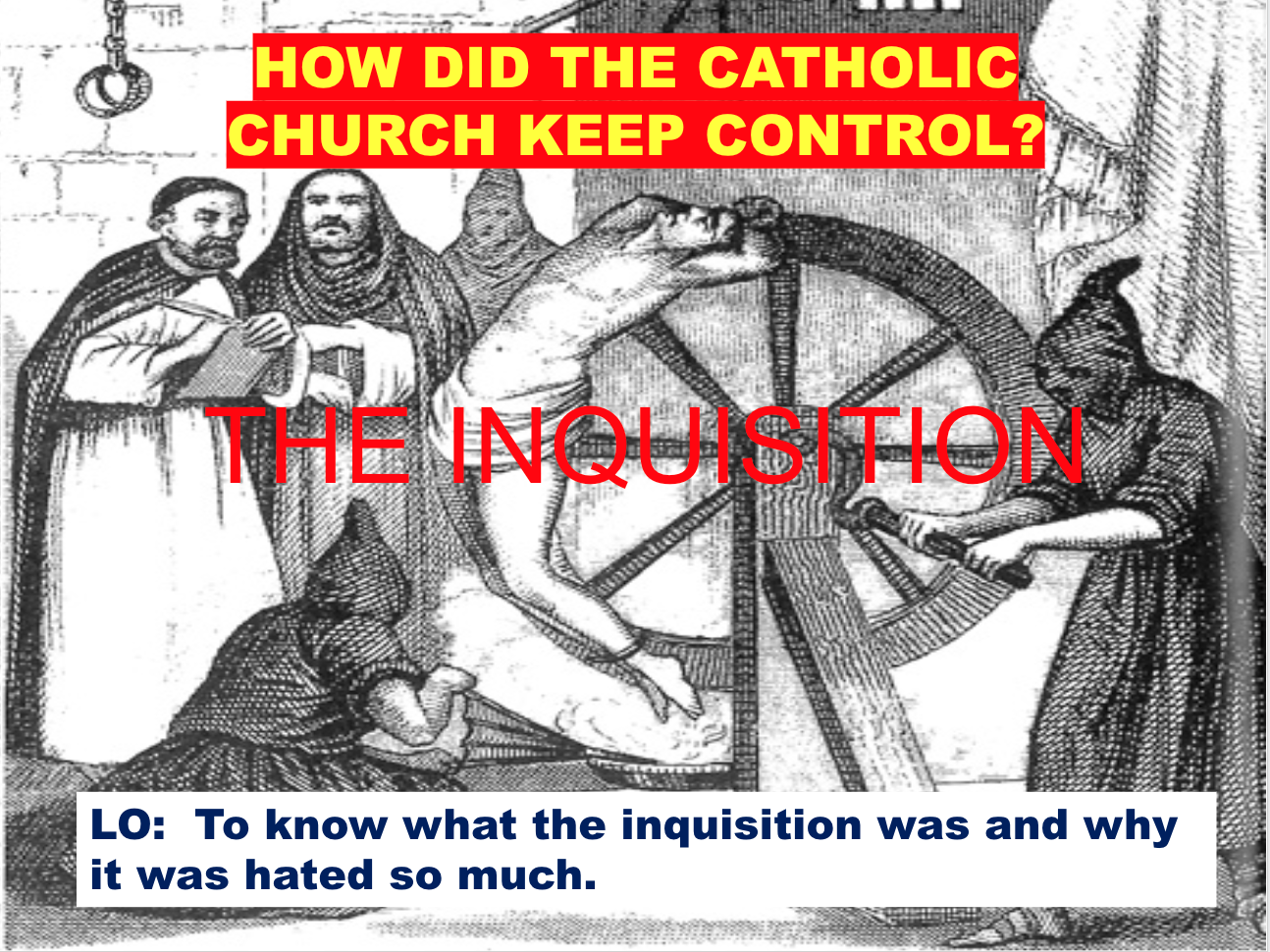
In the Early Middle Ages Christians, Jews and Muslims lived together in mutual tolerance. But then the Black Death came to Europe.
Nearly half of the population died.
There was chaos as there were not enough people to do the work. Religious tensions increased.
Activities1. Read the information sheet carefully and complete the following tasks, making sure your answers make sense. Google classroom
-
This week we are doing some CAT practice and Week 5 is the CAT week. Good luck to all of you.
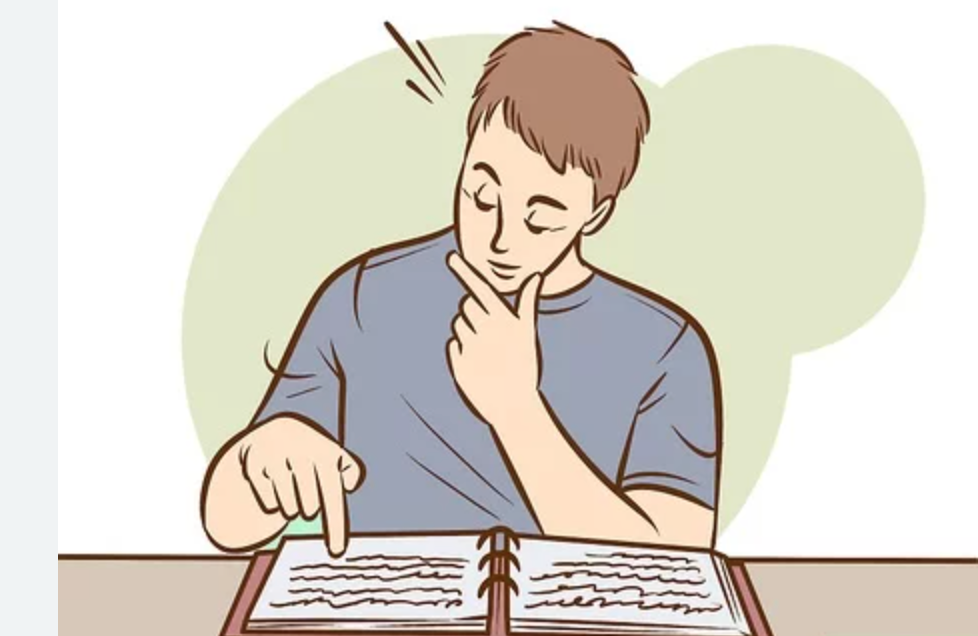
-
1. Read the article about the popular Auckland student who seemingly had everything going for him – then it all fell apart when he got involved with a gang.
Current Event Analysis – Global Studies
Task 1: You can access and read the article here: https://www.stuff.co.nz/national/crime/300742389/home-detention-for-golden-boy-rugby-player-who-ran-drugs-for-comancheros
2. Write a letter to a friend of yours who is hanging out with the wrong crowd and is being pressured to take part in a ram raid. Based on what happened to Lemeki and using your own life experiences, what advice would you give your friend?
3. Create a poster that is intended to inspire someone to get their life on track after hanging out with the wrong crowd (‘wrong’ = who routinely break the law); they may even have gotten involved in a gang.
